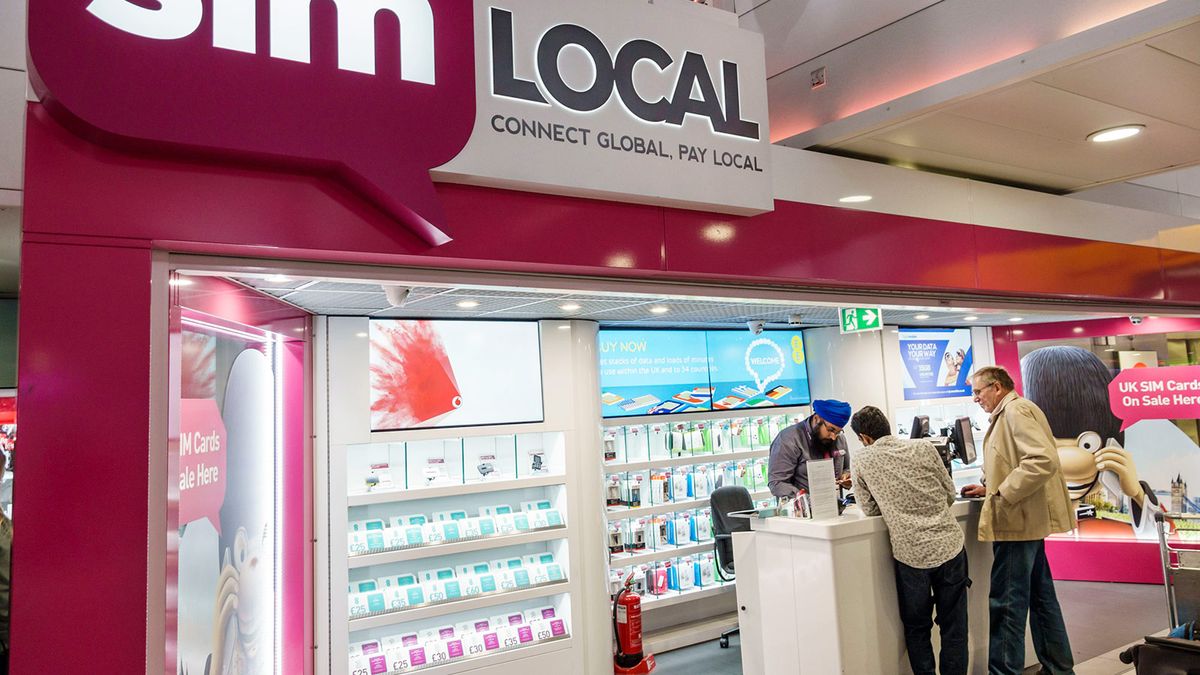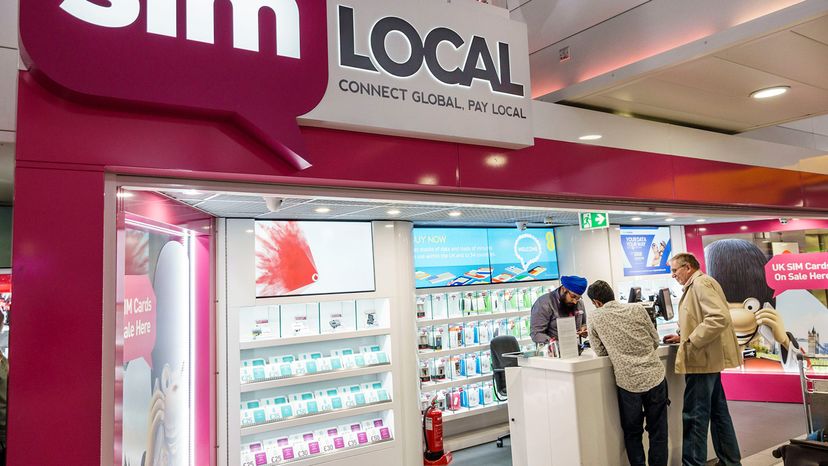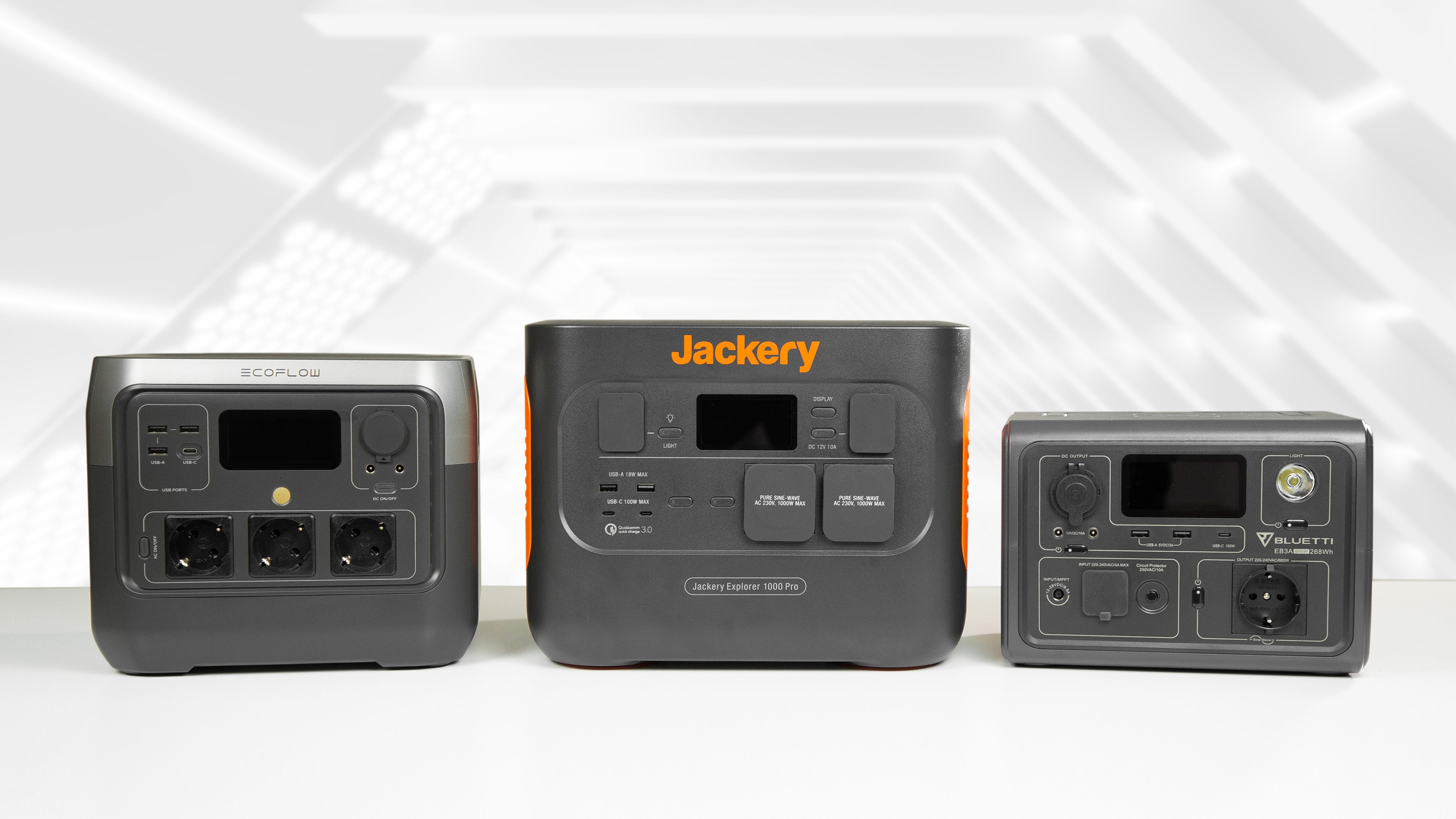

You may hear about them on the news: “The suspect used a burner phone to contact the family after the kidnapping.” Or you have seen them at a convenience store. Burner phones are cheap phones that come with prepaid minutes. These are simple devices that often resemble old flip phones, though they have touchscreens and smart features as well. These burner phones come pre-loaded with a certain amount of call minutes or text messages, which can also be re-loaded when exhausted.
“People who want to remain private or anonymous for a variety of reasons, such as journalists, activists or people engaging in illegal activities, frequently use them,” explains cyber expert Shanal Aggarwal via email. He currently serves as the chief commercial officer for the software and web development company TechAhead. “Other common users include those who want to keep their identity a secret.”
But even if you pay cash for the phone and minutes, it doesn’t mean you’re incognito. Cell phones can easily be tracked and mined for data by app developers, third-party advertisers and even local governments.
In the United States, legislative acts such as the Foreign Intelligence Surveillance Act and the infamous Patriot Act have given the federal and state governments great power when it comes to tracking and retrieving wireless communications. Ostensibly, these laws concern matters of national security, but they’ve been used as a pretense numerous times by law enforcement to surveil the lives of ordinary citizens. In most cases, the agencies invoking these acts aren’t even required to obtain a formal search warrant. Some activist groups, such as the American Civil Liberties Union, consider this to be a violation of the Fourth Amendment of the Constitution.
More recently, law enforcement agencies have added a tool known as the “Stingray” to their arsenal. These devices have been suspected to be deployed during mass protests, including the Black Lives Matter movement demonstrations in 2020. The Stingray is essentially a small, temporary cell tower that inserts itself as a bottleneck between mobile phones and their networks.
If you are in range of a Stingray, then your phone will automatically connect to it as if it were a legitimate tower. You’ll be able to use mobile data as normal, but things like calls, text messages and passwords may be covertly intercepted by the party that controls the antenna.
Private companies can also declare open season on your mobile data. When it comes to smartphone apps, you’ve probably given some permissions to access things like your location, contact list or microphone. Shady developers can then turn around and sell this data to advertisers and government entities as an underhanded way to make extra money.






